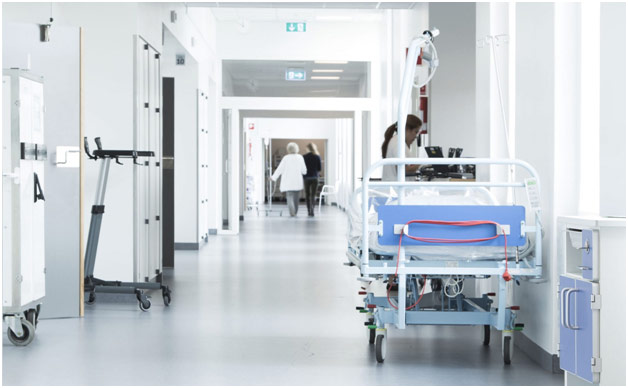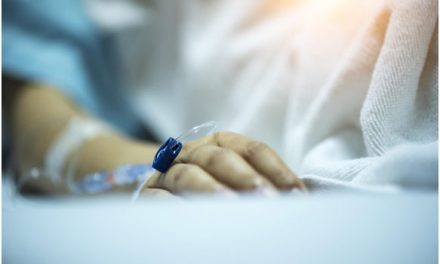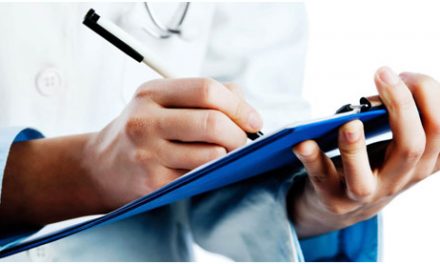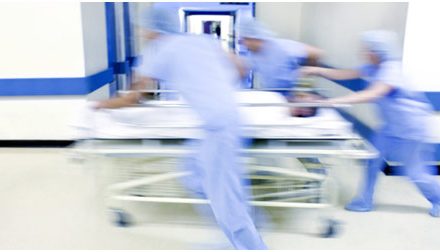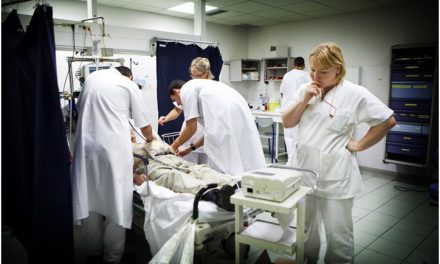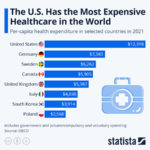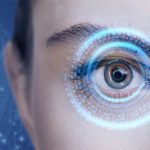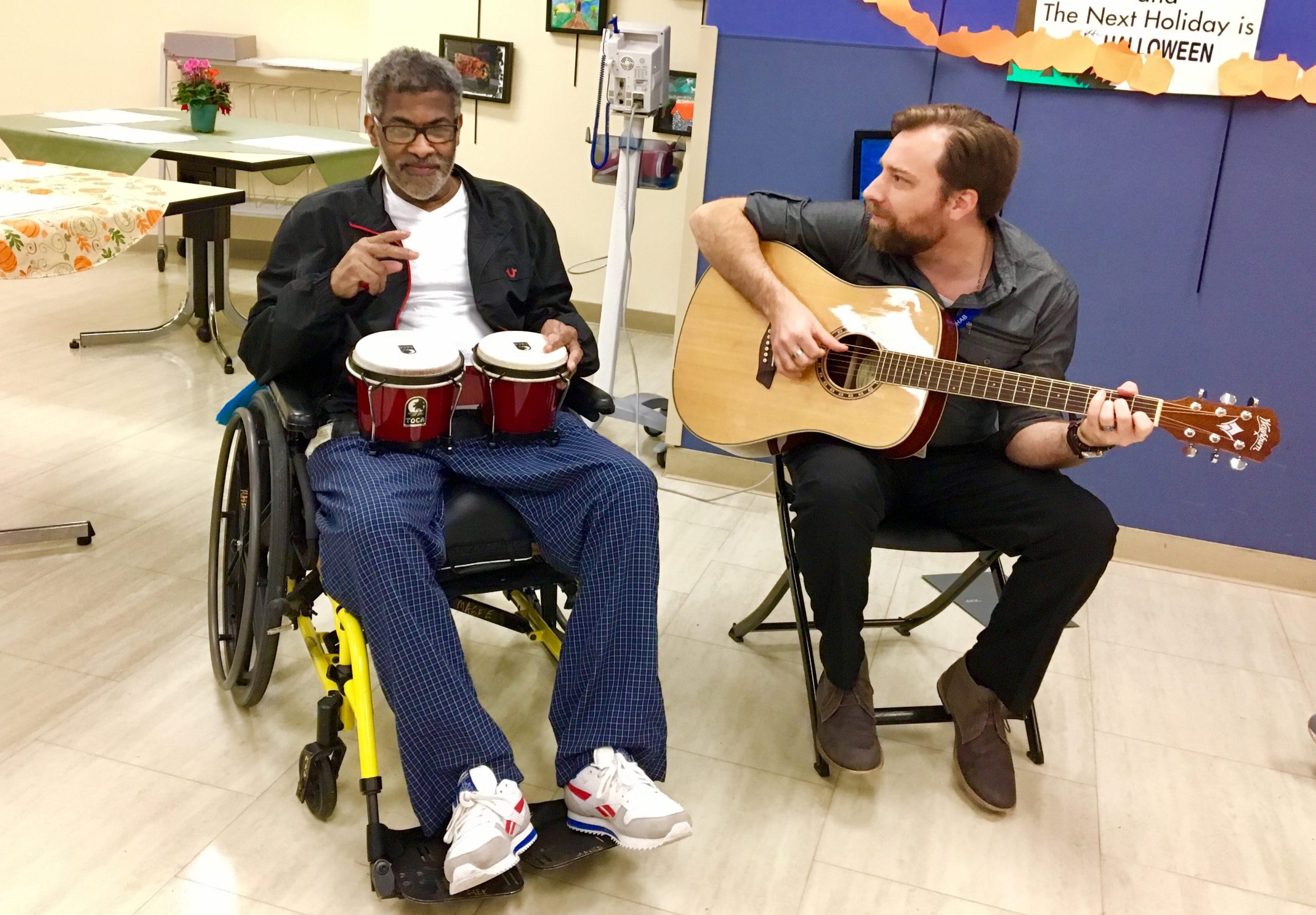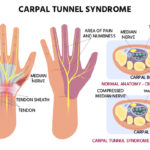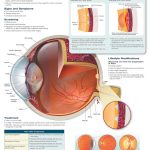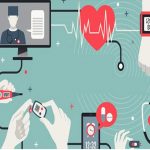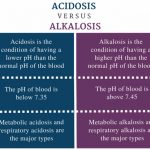“The only true wisdom is knowing you know nothing” (Socrates).
Over one in ten medical cases are misdiagnosed. While a litany of various reasons may be behind that alarming number, one possible cause lies in overconfidence bias, one of the most omnipresent of cognitive biases. After over a decade of education and training, doctors, like many other professionals, can believe they know more than they do, having an overly favorable illusion of their expertise. Of course, we would all prefer to be treated by the decisive doctor who does what needs to be done instead of the doctors who hesitates, paralyzed by fear. However, confidence, like all good things, is best enjoyed in moderation. Inflated self-esteem and overconfidence can make people antagonistic and boastful, but, in medicine, they can also cost lives.
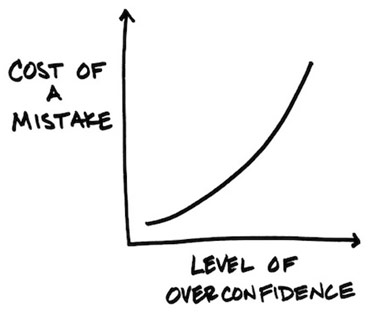
Overconfidence Bias and Cost
Before delving into the medical aspect of overconfidence bias, it is important to establish how prevalent this bias is more generally. The better-than-average effect is a phenomenon that psychologists use to explain how people tend to have an inflated view of themselves. In a survey of 800,000 high school seniors going off to college, 25% of students viewed themselves as in the top 1%. Obviously, it is impossible for all of them to be in the top 1%, but, perhaps more remarkably, every single one of these seniors thought they were above average. This overconfidence extends to driving as well: 90% of drivers think they are better than the average driver. That’s 40% higher than what is actually true! Overconfidence is often exacerbated because people attribute their successes to personal factors and their failures to situational factors outside their control. If you get a high grade on a test, you might pat yourself on the back for studying so hard. Conversely, if you get a low grade on your test, you might blame the professor for not teaching well or for giving an overly difficult test. In medicine, pharmaceutical company representatives often treat doctors to nice dinners or give other free gifts in order to have them prescribe more of that company’s drugs. One study showed that over 60% of doctors believed these “freebies” affected other doctor’s judgments, but only 16% thought that these “freebies” affected their own judgment. When people think they are better than they actually are, they fail to see their own inadequacies and improve on them. Overconfidence paralyzes our ability to better ourselves.
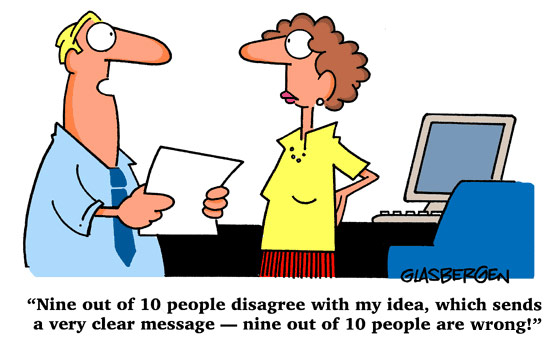
Cartoon of Overconfidence Bias
One of the most devastating mistakes a doctor can make is to misdiagnose a condition because that can delay or even prevent the proper treatment from being delivered. When a patient comes in with a primary complaint, it is often the doctor’s responsibility to take a patient history, which includes understanding the onset and time course of the complaint as well as other personal medical problems, family medical problems, etc. Physicians with overconfidence bias may not take a full history, feeling midway that they already know the diagnosis and do not need to waste any more time obtaining the patient’s history. Alternatively, these physicians may miss crucial clues in the patient history because their overconfidence prevents them from actively listening and considering all options. As a result, these physicians do insufficient information gathering.
Physicians with overconfidence bias also tend to put excess faith in their own opinions in spite of not having the proper evidence to back it up. Even if these physicians are unsure, they are likely to plow ahead anyway, acting on hunches and incomplete information in line with their “gut feelings.” These physicians generally do not stop to get a second opinion or do not trust the second opinion if they do. Part of this overconfidence may arise from the feeling of being a professional, of having this unique set of knowledge and abilities. Feeling as a “professional” can entail ignoring national guidelines and criteria, though. Indeed, 95% of physicians knew about lipid treatment guidelines, yet the guidelines were followed by less than 20% of the time. While it is not necessarily harmful that physicians tailor their care based on their experience, this non-compliance has the potential to lead physicians to misdiagnose or mistreat patients. On top of that, physicians with overconfidence bias may proceed with a risky treatment or surgery, falsely thinking that they will beat the odds through their own skill. As a result, when overconfidence commands physicians’ decision-making, they cannot properly care for their patients.
To demonstrate the impact of overconfidence bias, Meyer et al. gave doctors two “easy” cases and two “hard” cases to diagnose. Doctors diagnosed 55% of the easy cases correctly but only 5% of the hard cases correctly. Nonetheless, their confidence level in their diagnoses was only marginally different (7.2 vs 6.4, respectively, on a scale of 1-10 where 10 represents complete confidence) despite this 50% correctness difference. In another study of physicians who treated 126 ICU patients who passed away, the authors found that physicians who were absolutely sure of their diagnosis were wrong two out of five times. Overconfidence does not improve performance and may even inhibit it: one study found that the bottom 20% of radiologists, in terms of diagnostic accuracy, had greater confidence in their diagnoses than the top 20% of radiologists.
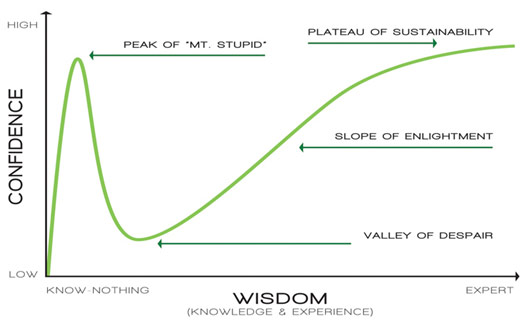
Confidence as a Function of Wisdom
The bright side, of course, is that it is very much possible to overcome overconfidence bias. The first step is acknowledging that it is okay to not know. Despite all the training and continuing education one might do, it is impossible to know all that medicine, or even a certain specialty, encompasses. It is impossible to immediately know the answer to every question. This step goes beyond self-acknowledgment though: it is also okay for doctors to tell their patients that they simply do not know, of course before reassuring the patients that they are going to make every effort to find the answer. Another helpful step involves considering the unknowns and playing devil’s advocate with oneself. When physicians think of one diagnosis, it can be helpful to also consider what information is missing and what are the reasons that the diagnosis might be something else. Of course, questioning oneself should not be overdone as to not entirely cripple decision-making. More generally, just carrying oneself with humility and having an openness to learn goes a long way by helping physicians constantly improve themselves instead of stagnating because they think they already know everything there is to know. Simply acknowledging the potential presence of overconfidence bias and the limits of one’s own knowledge can help prevent the clinical dangers of this bias.
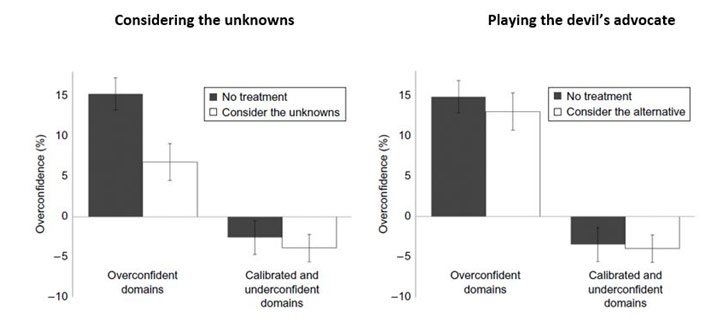
Impact of Considering the Unknowns and Playing the Devil’s Advocate in Reducing Overconfidence
Confidence is not detrimental; overconfidence, by definition, is because there is this illusion of grandeur. Overconfidence bias plays a potent role in all professions but especially those that require a high level of specialized training, such as medicine. Medicine, however, is also a profession where all those who enter become lifelong learners. After all, the field is so vast and is always expanding.
REFERENCES
https://www.physicianspractice.com/pearls/addressing-overconfidence-when-practicing-medicine
https://ethicsunwrapped.utexas.edu/video/overconfidence-bias
https://www.amjmed.com/article/S0002-9343(08)00152-6/fulltext
https://www-sciencedirect-com.laneproxy.stanford.edu/science/article/pii/S0002934308000405

